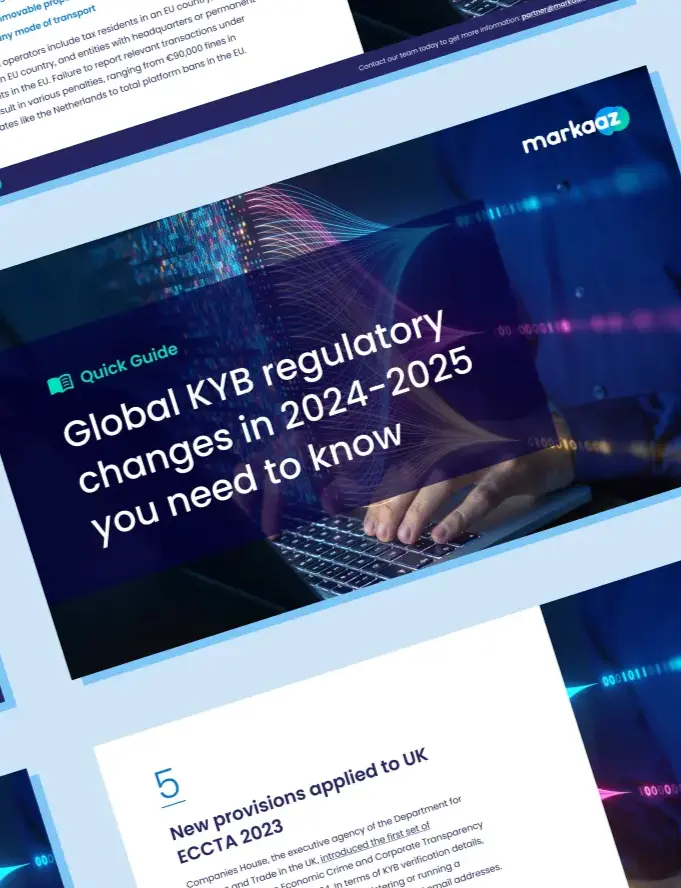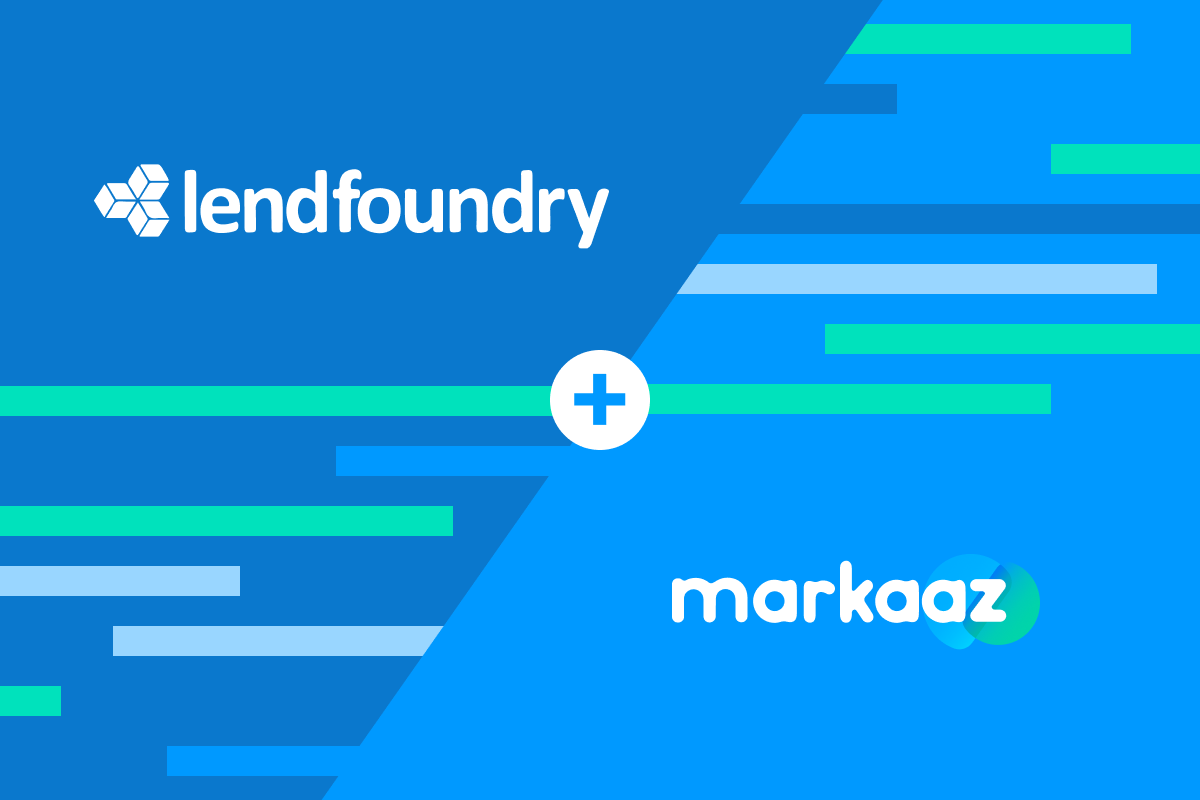As the owner of a small or medium-sized business (SMB), there are many headaches that may keep you up at night. Managing suppliers is a prime example
Between regulatory requirements and profitability concerns, having the right supplier verification solution in place is critical to the long-term success of your business.
What is supplier verification?
Generally, a business cannot efficiently produce the raw materials it needs and the final products it sells to customers. To run a more profitable enterprise, a business should secure materials from others—aka suppliers or vendors. Yet before your business contracts with a supplier, it will need to conduct some research.
Supplier verification, also known as vendor validation, is the process of confirming that a supplier your company wishes to contract with is both legitimate and reliable. If your business is subject to regulatory requirements or other standards, you must verify that your suppliers also abide by these rules.
Initial verification
The process of choosing the right supply chain vendors to work with can be challenging for small business owners and managers. Not only do you need to find vendors with the capacity to produce the materials you need in bulk (and at a competitive price point), but you must also confirm that those vendors are who they claim to be.
You need a good supplier verification system to protect your company from:
- Fraudulent vendors
- Unpleasant surprises when existing vendors go out of business
- Vendors that are unable to keep up with your level of demand
- Vendors that do not comply with safety standards or other regulatory requirements
Supplier verification doesn’t eliminate the potential problems above. However, it can help you to reduce your risk exposure.
Ongoing verification
The need to vet supply chain suppliers does not end once you establish an initial relationship. Instead, supplier verification should be an ongoing process for as long as you work together. If a vendor you contract with undergoes changes in ownership, personnel, location, or other factors, it could significantly impact your supply chain.
The COVID-19 crisis has amplified the need for continuous supplier verification. Over half of SMBs (52%) face the need to re-verify their suppliers due to the global pandemic.
Why supplier verification matters for your business
Every step of your SMB’s supply chain matters. Yet it is wise to pay special attention to the journey’s beginning. Supplier verification is one of your business’s first steps toward earning a profit. Your SMB might have a great idea for a product that is sure to be a bestseller. You could have the ultimate team in place to manufacture your product, market it to consumers, fulfill orders, and provide exemplary customer service. Yet if your business can’t maintain reliable vendor relationships to facilitate the creation of that product in the first place, the entire supply chain falls apart.
However, the right supplier verification process can give your SMB a competitive advantage. Reducing the supply-chain risk can control costs, facilitate growth, and improve overall profitability.
Supplier verification checklist
Supplier verification management looks a little different for every business. Yet before you enter into an agreement with a new vendor or wholesaler, you’ll want to confirm some basic information such as:
- Company Legal Name and Address
- Ownership Structure
- Articles of Incorporation
- Tax Information
- Business Licenses, Credentials, Permits, Etc.
- Contact Information (Email, Phone Numbers, Etc.)
- Insurance and Fraud Protection Solutions
Depending on your business type, there may be additional steps in your verification checklist. For example, the vendors you contract with may need to follow certain manufacturing standards and regulatory requirements. These may include Customer Due Diligence checks such as:
- Know Your Customer (KYC)
- Know Your Business (KYB)
- Anti-Money Laundering (AML)
A thorough supplier verification can be time-consuming and expensive. The process often requires up to 40 hours or more of careful research. And the full vendor onboarding process could require your business to invest as many as 390 hours.
Making the supplier verification process easier
Supplier verification demands can have a significant impact on your bottom line. In particular, small businesses may be disadvantaged in this area. Some 40% of SMBs rely on search engines alone to conduct vendor research—an approach that may be both tedious and unreliable.
Streamlining supplier verification and management can save your business time and money. Yet sometimes, even the solutions themselves can become overwhelming. Many SMBs have to stack multiple small business software programs on top of each other to get the job done.
The Markaaz Directory offers your SMB a better way to find, monitor, and pay suppliers on a single platform. Markaaz provides you with unlimited access to:
- More than 119 million pre-verified SMBs (projected to be over 300 million by later this year).
- Verified suppliers that have undergone a reliable vetting process (including KYC, KYB, AML checks, and identity verification).
- Business credit scores and supplier risk assessment (powered by Equifax).
Yet it’s not only the initial supplier verification process that the Markaaz Directory can simplify. The advanced business directory solution can also help your SMB with its ongoing supplier verification needs.
You can use the Markaaz Directory to monitor a monthly list of suppliers and partners. The monitoring aspect is especially useful during a time when the COVID-19 pandemic places a heavier burden on SMBs worldwide.
The bottom line
SMBs account for 99% of the world’s businesses. Yet, even though entrepreneurs and small businesses play a significant role in the global economy, they are frequently disadvantaged. Thirty percent of small and medium-sized businesses break even. Another 30% of SMBs operate at a loss.
It’s time for SMBs to have equal access to the same resources and tools as big businesses. And with the use of Markaaz’s cutting-edge technology, small businesses finally have the platform they need to access the valuable network advantages they need to thrive.
Fabi Hubschmid, Chief Operating Officer and Co-Founder , Markaaz
About the author: Fabi Hubschmid is the Chief Operating Officer and Co-Founder of Markaaz, the world’s first global platform to verify and connect every small business on the planet and the network of partners that support them. Hubschmid is an entrepreneur with global experience in the platform, construction, and smart cities industry with a track record of leading global and complex transformations across private and public sectors. Before co-founding Markaaz, Hubschmid was Strategic Development Officer for AXA Global Enterprise & Partnerships, Founder & CEO of the Enix Advisory, Tutor for the ‘Beyond Smart City’ course at the Massachusetts Institute of Technology (MIT), and a member of PwC’s Global Smart Cities Team. Under the leadership of Hubschmid, the Markaaz team is developing the next generation of tools and resources for small businesses. Hubschmid is focused on creating a positive and sustainable impact for small business owners. Hubschmid is a member of the WEF Global Innovator and Global Shapers and the Young Entrepreneur Council (YEC).




